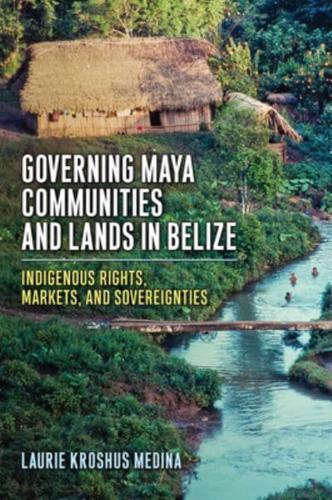Publisher's Synopsis
Confronting a debt crisis, the Belizean government has strategized to maximize revenues from lands designated as state property, privatizing lands for cash crop production and granting concessions for timber and oil extraction. Meanwhile, conservation NGOs have lobbied to establish protected areas on these lands to address a global biodiversity crisis. They promoted ecotourism as a market-based mechanism to fund both conservation and debt repayment; ecotourism also became a mechanism for governing lands and people-even state actors themselves-through the market. Mopan and Q'eqchi' Maya communities, dispossessed of lands and livelihoods through these efforts, pursued claims for Indigenous rights to their traditional lands through Inter-American and Belizean judicial systems. This book examines the interplay of conflicting forms of governance that emerged as these strategies intersected: state performances of sovereignty over lands and people, neoliberal rule through the market, and Indigenous rights-claiming, which challenged both market logics and practices of sovereignty.










